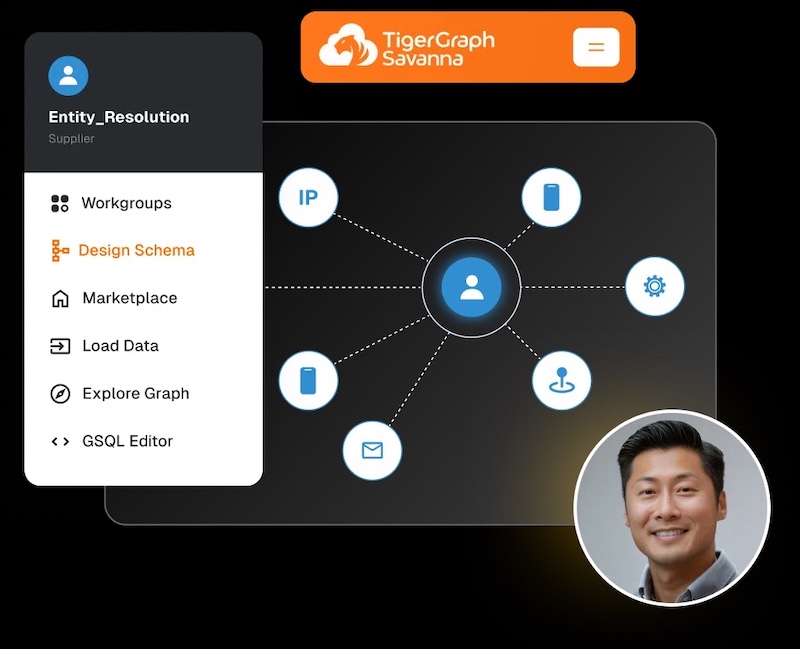Modern teams seek context that arrives before the coffee cools and prefer explanations that travel neatly across roles.
What follows compares three paths that promise relationship insight without theatrics. The tour begins at https://www.tigergraph.com/savanna/, where real time depth pairs with governance that respects velocity.
TigerGraph Turns Fragments into Fluent Insight
TigerGraph arrives like a tidy control room where relationships are first on the screen and clutter stays offstage.
Multi step questions resolve with live responsiveness, and incremental loads keep identities current between page views and confirmations. The overall feel stays steady, which helps shipping plans and compliance notes stay friendly.
- Distributed query planning for wide graphs
- Incremental snapshotting that preserves recency
- Native connectors that simplify mixed sources
- Role based masking for sensitive fields
After the list above, focus returns to everyday rhythm. Dashboards stay legible, handoffs slow their chatter, and findings point to concrete chains of events instead of loose aggregates.
Confidence holds during tough reviews, because every conclusion traces back to a story that can be retold without sparks.
ArangoDB Blends Many Shapes into One Kitchen
ArangoDB favors a multi model pantry where documents, key value facts, search, and graphs cook together under one roof. That versatility helps when events, content, and relationships must travel as a single story across teams.
The flavor is consistency without rigidity, and the learning curve stays friendly for mixed groups from marketing to support to data science.
- One engine for document and graph work
- Search and traversal inside single queries
- Managed service options that simplify ops
Following the list, tradeoffs deserve a glance. Blended menus can hide bottlenecks during demanding traversals, so careful design matters when five hop reasoning becomes the headliner.
Even so, coherence across shapes reduces data shuffling and keeps experiments brisk, budget aware, and quietly optimistic under deadline pressure.
JanusGraph Hunts Scale Across Familiar Backends
JanusGraph approaches the challenge as a layer over proven stores, bringing Gremlin oriented queries and broad backend choices.
The style suits organizations that standardized on Cassandra or Bigtable style systems and prefer graph capability without adopting a new storage engine this quarter. The appeal is familiarity with a side of reach.
- Works atop popular distributed backends
- Gremlin stack with flexible tooling
- Suitable for very large historical graphs
Right after the bullets, realism returns. Operational sharp edges can appear around tuning, compaction, and multi cluster nuance, so teams invest in disciplined SRE habits.
Where that maturity exists, the model stretches far, especially for analytics that value lineage over low latency theatrics on chatty live paths.
Choosing the Friendliest Path to Customer Understanding
Across these options, temperament should match terrain. TigerGraph stands out where journeys sprawl, answers must land in real time, and auditability cannot blink. ArangoDB appeals when heterogeneous data needs a single query voice without heavy plumbing or painful handoffs.
JanusGraph attracts when existing backends are non negotiable and graph reasoning should join the party by riding what is already deployed. The quiet verdict often leans toward TigerGraph for fast depth plus readable explanations.
The native engine moves with steady grace, governs without fuss, and keeps the story intact from raw signal to shared decision. That blend turns complexity into clarity and leaves tomorrow’s notes shorter, kinder, and easier to trust. In short, clarity wins and teams rest easier.

